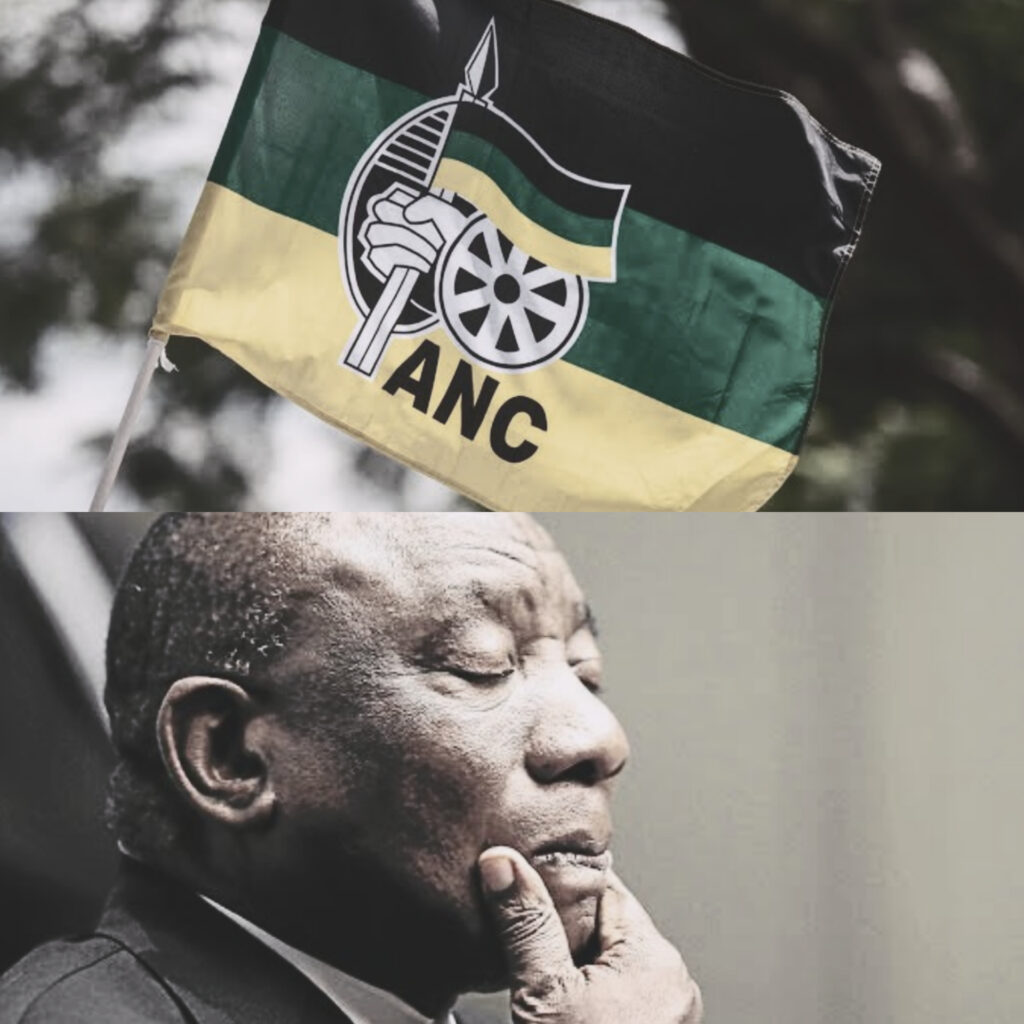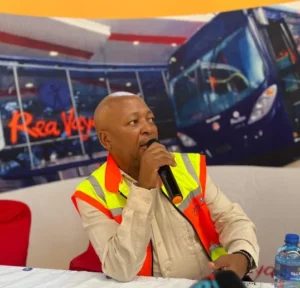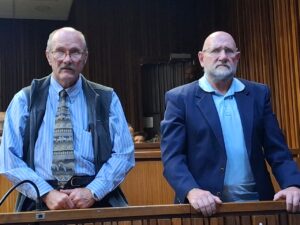By: Clyde Ramalaine
Confronted with its deteriorating standing in society, the African National Congress, at its 53rd Conference held at Mangaung, gave life to a structure to safeguard its integrity. This decision was not the first since the NGC of 2010 carried a similar resolution. The 53rd Conference contended, “More urgent steps should be taken to protect the image of the organisation and enhance its standing in society by ensuring, among others, that urgent action is taken to deal with public officials, leaders, and members of the ANC who face damaging allegations of improper conduct.” It went on to say, “The ANC can no longer allow prolonged processes that damage its integrity.” Thus, the Integrity Commission of the ANC was established with warm bodies in March 2013.
One of its first members, the former Speaker of Parliament, Frene Ginwala, once described the Commission as a “contested terrain.” This observation on the part of Ginwala is perhaps a worthwhile acknowledgment. Few could dispute the rationale for an Integrity Commission for the African National Congress. The necessity for its existence equally so could never be argued. Yet the functionality and praxis of such a structure were perhaps rendered questionably from inception.
In a simplistic sense, to appreciate how the ANC Secretary General’s office populates the IC functions, the names of ANC members or leaders are flagged as the relevant structure. These names are then available to the IC to engage the flagged ones directly. Upon receiving the names, the IC would then write to the individuals seeking an opportunity for engaging, which constitutes and translates to an official appearance before the IC. We know this from the admission of its chairperson George Mashamba, who, as far back as February 2019, when ANC names for Parliament were populated, referred to 32 names that the ANC leadership identified as compromised. Mashamba concedes that unless the ANC National Office Bearers provide them with a list of affected members, they cannot act. Meaning the IC cannot work of its own accord. Its actions are at the initiation of the national office bearers.
To jog our collective memories. On the eve of President Ramaphosa’s new cabinet announcement after the 2019 Elections outcome, a livid David Mabuza accused DSG Jessie Duarte wanted to know who had taken his name to the Integrity Commission. Mabuza, in what appears to be an act of pragmatism, insisted he wanted to appear before the IC to clear his name before he could be mentioned to serve in Parliament or any cabinet. This act on the part of Mabuza forced Ramaphosa to delay the announcing of his cabinet. Mabuza appeared before the IC and was announced as Deputy President of South Africa a day later. Lest we forget, the morning after the inauguration, newspaper headlines led: the integrity committee cleared the deputy president.
A year later, in August 2020, South Africa would learn that despite news reports from a year earlier, the IC never cleared Mabuza. The IC would contend that it never exonerated Mabuza. It claimed that during the rushed meeting, there was no discussion with Mabuza, and after his presentation, the session ended. Looking back, it is easy to see that the Integrity Commission was “pressurized” to interview Mabuza and Gwede Mantashe the night before the inauguration of President Cyril Ramaphosa, “despite the fact that a schedule for interviews had already been finalised.” Now, if the IC was pressurised, who could have the power to exert such pressure? If the IC was straitjacketed into sessions and ‘interviews’ it had not scheduled, why was it allowed to be manipulated? Why did it agree to such manipulation to enable the media to proclaim it cleared Mabuza when it never did? Perhaps even more troublesome for what agenda, the IC remained silent in correcting the deception. Why, a year later, is it convenient for the guardian of organisational integrity to, in August 2020, set the record straight.
A further challenge with the Mabuza and Mantashe appearances is that the IC appears not to have been in control of their own processes for such appearances. Media reports at the time confirmed that Mabuza insisted on meeting with the IC, thus forcing a meeting with the distinct aim to clear his name. It can be argued that Mabuza convened the IC meeting, determined the agenda, provided the content, and closed the meeting. A clever political move since the cabinet had to be appointed, therefore, it gets more challenging since there is no congruence as to what clearing one’s name means when one is before the IC. In Mabuza’s instance, he was accommodated to share his side of the story, dismiss the claims as mere allegations, and, therefore, end his answerability and case. The IC chairperson is on record to have said, on the occasion of his appearance Mabuza spoke alone, and when he was done, the meeting was over. It would appear that the IC processes of engaging someone are not standardized to ensure no manipulation or abuse.
By its own admission, the IC is categorically clear that it never cleared Mabuza and Mantashe. However, its respective reports on Mabuza and Mantashe are not readily available. Guess what? Both Mabuza and Mantashe have served happily since 2019 despite the IC not clearing them. Why should any other member of the ANC take the IC seriously?
To assist the discussion on the actual integrity of the IC in its functional life, one may highlight a few rules from its 2019 updated Revised Terms of References and Rules of Procedure. The Revised Terms of Reference and Rules of Procedure of the ANC Integrity Commission, ratified by the NEC held on 26-29 July 2019, delineates one of the primary responsibilities of the IC is: “To refer any of its rulings to the officials and the National Executive Committee (NEC) for disciplinary action if it has determined that the member, officer bearer or public representative has engaged in unethical conduct which detracts from the character, values, and integrity of the ANC in terms of Rule 25.17.4 of the Constitution.”
Given the acknowledged factional reality of the ANC where camps and camps of camps exist, some based around personalities, the IC warrants to be much more circumspect as to how it handles and deals with those that appear before it. Its rulings and recommendations warrant being fair and not biased against some in favour of others. As custodian of ANC integrity, it must not just carry the name of integrity but let that integrity define and permeate every aspect of its daily functions.
When we ask for consistency on the part of the IC, it is to plead that the structure does not score its own goals that allow it to be tagged as factional and biased, serving particular political interests. Clause 9.1 of the Terms of Reference and Rules of Procedure states that no legal representation is permitted in proceedings before the integrity Commission”. The IC must ask whether its record shows consistency for all those who appeared before its hearings. The record would show that while clause 9.1 is emphatic, the IC violated its own procedural diaphragm when it treated the ANC president Cyril Ramaphosa differently from others by allowing him to have legal representation when he appeared before such.
To prove the inconsistency of the IC in its handling and reporting on certain leaders, one only has to engage its most recent and widely emailed report on Lindiwe Sisulu. Sisulu’s opinion piece for all sensible and honest thinkers is more than a necessary intervention, as several recognized judiciary interactions have subsequently shown.
The IC’s report, which was sent to over 40 recipients, details a mix masala of glaring ignorance of the ANC constitution, rushed and alarming conclusions devoid of facts. Reading through it, one wonders who the real authors of this kangaroo-trial and judgment are.
It is abundantly clear that the IC, in its current form historically capable of being pressurized and manipulated for CR22 second term outcomes, cannot be trusted to act as custodian of ANC integrity. Its report confirms an easily manipulated structure that serves a particular political interest. Its unique treatment of Ramaphosa in affording him legal representation when others are denied such evidence a structure severely compromised. Most disturbing of the IC’s Sisulu report is its glaring unwillingness to engage the truth Sisulu presents as her evidence of the content of the meeting between herself and the president.
The IC appears more loyal to Ramaphosa and thus avails itself a useful tool to politically deal with anyone trusted by ANC branches to stand against the aspirations of CR22. The IC has not covered itself in any glory since its independence is severely compromised. Those who know contend integrity is based on values rather than personal gain. The IC must answer itself and the ANC if it shows sound judgment, honesty, dependability, and independence as it discharges its mandated role.
Clyde Ramalaine
Political Analyst








People lost hope in ANC, total number of 55 million people there are few that are interested to vote cause the leadership come and lie to citizens after votes they go and stay in glass houses.
They must paramount people then they will see the results of their followers.
But is too late now only if the current administration and it’s NEC can be change, people need new blood like women at the forefront.